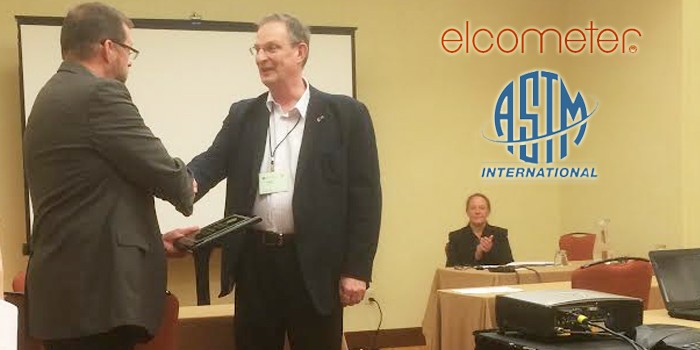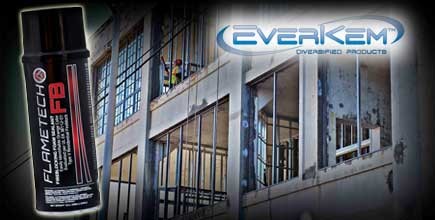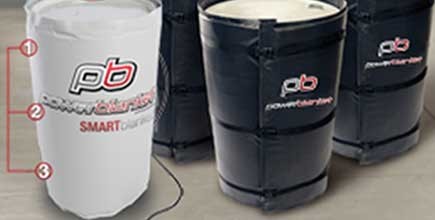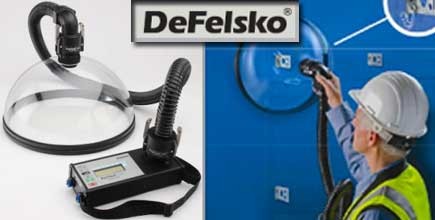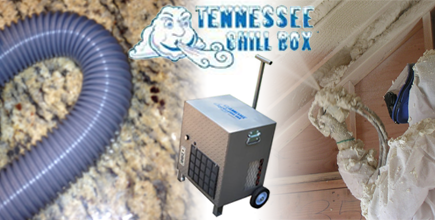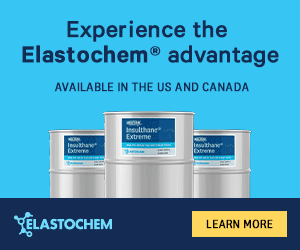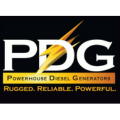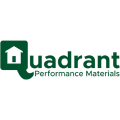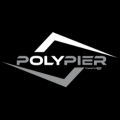Hydrophobic Vs. Hydrophilic—Knowing Which Type of Grout is Right for Your Repair Project
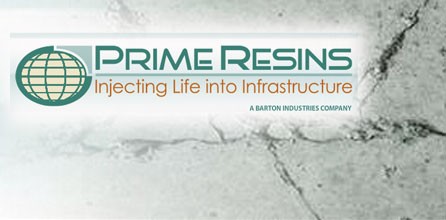
CONYERS, GA - December 19, 2011 - Polyurethane injection resins (PUR) are becoming increasingly familiar to the specialty contractor. However there is still a lot of confusion about the product's uses and its effectiveness. Two thirds of our planet is made up of water, and many times that water ends up going places we don't want it to. We try to hold it back using earth or concrete, but it still fights to push through. PUR injection is the most effective method to halt flowing water, but many injection repairs end up as temporary fixes because the wrong type of PUR is used. When the correct materials are used, the repair can last as long as 35 to 40 years, or longer.
PUR injection resins are based either on MDI (Diphenylmethane diisocyanate) or TDI (Toluene diisocyanate). These same resins are used in the manufacture of foam mattresses, pillows, car seats, car dash boards, as well as polyurethane coatings and sealants. The base resins are modified through chemical processes to react with water.
MDI based resins possess hydrophobic (hydro-water, phobic-fear) properties which means that they will not easily mix with water. When MDI based materials are pumped into wet cracks or joints in concrete they tend to resist penetration into the pores concrete (due to the water) and do not get a good bond. These materials can and do temporarily stop water leaks because they expand aggressively during their reaction stage and in effect form a compression seal. If the concrete experiences a moderate temperature change which causes the joint or crack to close up it often causes MDI based materials to go into compression set. Then when the temperature cycle reverses and the crack opens up problems can and most often do occur. Because the material is not bonded to the concrete and because it is "set" in its previously compressed state it will not move with the concrete and the previously water tight crack or joint begins to leak again.
TDI based resins possess hydrophilic (hydro-water, philic-loving) properties and readily mix with water. This is important when trying to permanently seal a wet crack in concrete. The hydrophilic materials seek out water and get an excellent "bite" into the pores of wet concrete. When cracks or joints open and close with temperature changes the TDI based materials maintain a water tight seal since they remain flexible and secure a good bond.
Whenever possible use TDI based resins (hydrophilic) for sealing joints or cracks subject to expansion or contraction. Use MDI (hydrophobic) based resins when leak characteristics dictate that a fast or aggressive foam expansion is needed to stop high head pressure or high volume (gushing) leaks.
There are other variables to consider when choosing the right chemical grout for your application, such as:
Is the structure above or below grade?
Is the water table constant or fluctuating?
Type of construction, brick, precast, cast in place?
Age of the structure?
Structure's use?
For more information visit www.primeresins.com.
Disqus website name not provided.



